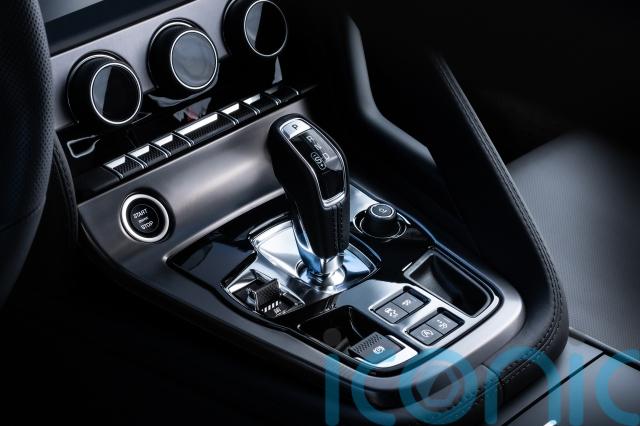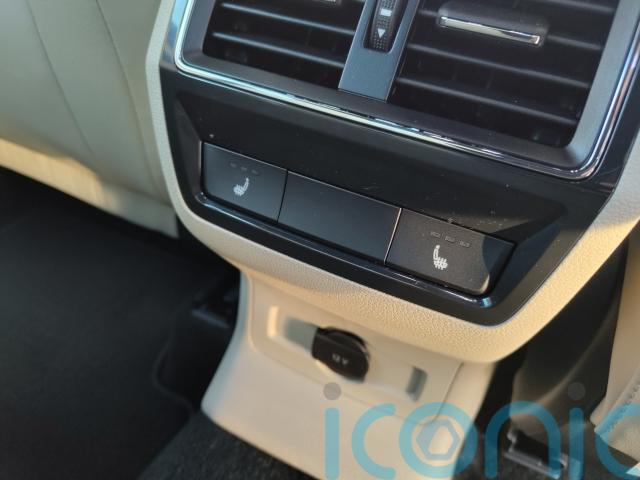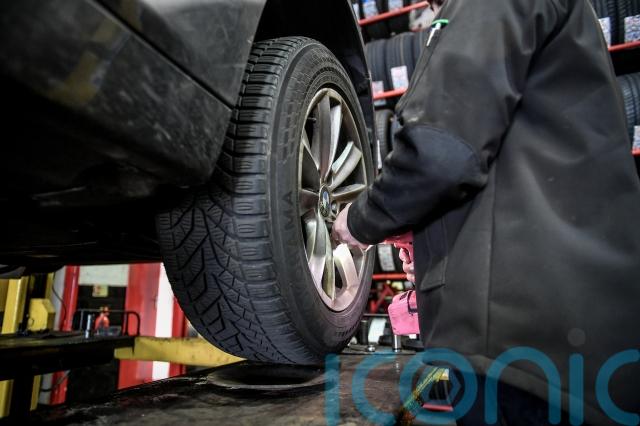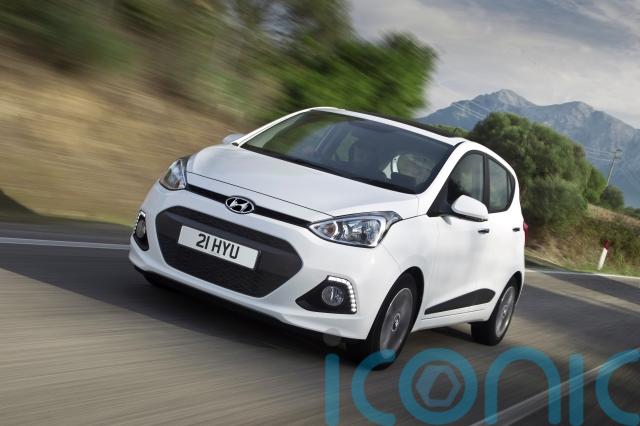
Getting your first car is always exciting. The prospect of getting out under your own steam for the first time is something that nearly all people look forward to, but actually getting your new vehicle can pose a couple of challenges.
Whether it’s maintenance, repairs or general running costs, there are a lot of things to factor in before you make a purchase. Let’s go through some of the key things to remember before buying your first car.
One of the best things you can do at the start of any car buying journey is to set a budget. Ensuring that you’ve got a set amount of money that you’re happy to send will avoid any issues further down the line and will make sure that you’re prepared for what’s to come.
Always bundle costs together, too, rather than just the headline cost of the vehicle. So consider insurance, maintainence and replacing key components such as tyres.

Not so long ago the primary choice for first-time drivers would be cars with a manual gearbox. However, a growing demand for automatics has occurred in the last few years, with more just-passed drivers opting for an automatic car instead of a manual.
It’s worth thinking about, too. Manuals tend to be less expensive to maintain and less like to go wrong, but automatics are easier to use and are more comfortable if you’re often in stop-start traffic.

Cars have never been as feature-packed as they are right now, and even if you’re not shopping brand-new, used vehicles still come with a lot of equipment. You might want to think about what types of features would be best, so whether it’s heated seats or cruise control, it’s worth establishing a ‘wish list’ to help your car-buying choice.
The good news is that many car buying sites offer filters for various features, so you can tailor a search so that all of the vehicles you see have those key features fitted as standard.

We’d recommend checking out any car that you’re looking at for damage or areas of issue. While this won’t be a problem – hopefully – for buyers of new cars, on used vehicles it’s essential to give them a good check over. Look at key areas such as bumpers and wheels for damage, and make sure that key components such as brakes and gears operate smoothly and just as they should.
There are third-party companies that offer inspection services for cars, too, so if you’re not comfortable doing these aspects yourself then you can get a trained professional involved to give you help.
It’s not just the condition of a car that you need to check, but its history too. One of the best tools is the government’s online MOT checker, which is free to use and can highlight the car’s MOT history including if it has previously failed and any advisories that it might have had.
An HPI check is also worth doing. These cost a small amount, but will flag whether the car has previously been written-off, or whether it still has any outstanding finance on it. If you purchase a vehicle which is still covered by a finance agreement, you could be liable for any payments – so it’s well worth running a check beforehand.

FInally, there’s the test drive. If you’ve still yet to get your licence then you will need to get someone else to take this for you – perhaps a trusted friend or a member of the family – who can then relay their findings back to you.
A test drive is a crucial part of the experience and will help flag any issues. It’s also a great opportunity to see if you ‘gel’ with a car and whether or not it’ll fit into your life easily.
Subscribe or register today to discover more from DonegalLive.ie
Buy the e-paper of the Donegal Democrat, Donegal People's Press, Donegal Post and Inish Times here for instant access to Donegal's premier news titles.
Keep up with the latest news from Donegal with our daily newsletter featuring the most important stories of the day delivered to your inbox every evening at 5pm.